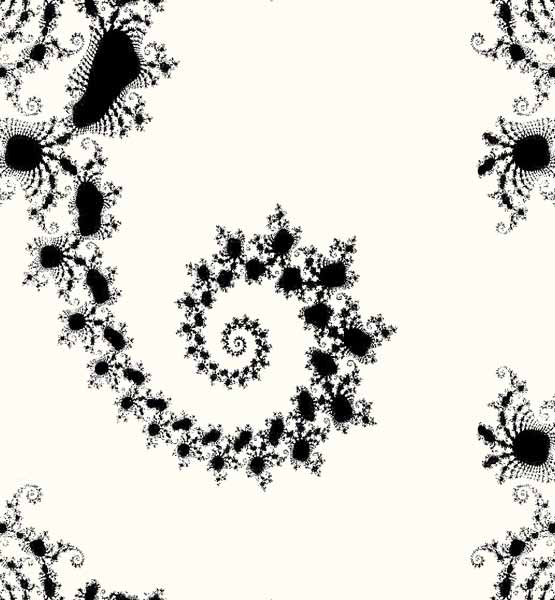Creationism, or how I learned to start worrying and love science.
I had occasion today to wonder whether creationism is gaining ground in the modern world. A student in one of my classes had a creationist textbook. That’s the best way to describe it – it was glossy, thick, had a great deal of diagrams, tables and all of the end matter you would expect in a university textbook. But this was not material that would be taught in any university in this country.
As I leafed through it I was thinking to myself “What are you going to say if asked whether you believe it or not?” I didn’t come to a conclusion and didn't have to put my position. Partly because there was so much that needed to be refuted.
I think that is one of the reasons that the current resurgence of creationism is so hard to combat. Although individually many of the claims that are made may be relatively easy to disprove there’s such a weight of fraudulent science behind the subject now, that anybody who would wish to refute it would find themselves engulfed in tendentious rubbish.
So we leave well enough alone. And it is a rare person that has the required knowledge to be able to effectively demolish some of the more slippery fantasies. And like weeds in a garden these ideas grow wild, taking root wherever they find a foothold.
The larger question to ask is why do these ideas show such apparent virulence? The assumption has been in modern society (which has benefited so much from the advances of science), that belief in the creation as espoused in the bible was a quaint relic of by-gone days. But now it appears that creationists are trying to do to science what science once did to religion. It pokes and prods at what has effectively become the orthodoxy, attempting to validate beliefs that people have held for countless generations and playing on the suspicions people have about scientific explanation.
And what does it all matter anyway? So what if a few poor, misguided souls eschew the scientific method and centuries of accumulated reasoning? Surely it makes no difference if they believe the earth came into existence 6426 years ago on October 23rd.
There are two things that I would point out. The first I have already mentioned – if you want to go back to ascribing the properties of the universe to supernatural causes, perhaps you should hand in your cell-phone and stop driving a car and so on. No one doubts that science has provided the theories and ideas to create wonderful devices and to make incredibly accurate predictions of physical phenomena (maybe I shouldn’t say no one), and yet they have no qualms about rejecting the concomitant deductions that would refute creationism. If you are too lazy or stupid to follow through how people have come to understand the world around them in scientific terms, it is disingenuous to deny the validity of it.
Secondly, we are entering an age when it is going to become even more vital than previously that people approach the conditions of their life on earth as rationally and with as much rigour as possible. We are not going to be able to face up to the realities of energy decline if we allow ourselves to be guided by woolly-headed fantasies of intervention and incomplete understandings of natural history.
Technorati Tags: creationism energy decline peak oil



<< Home